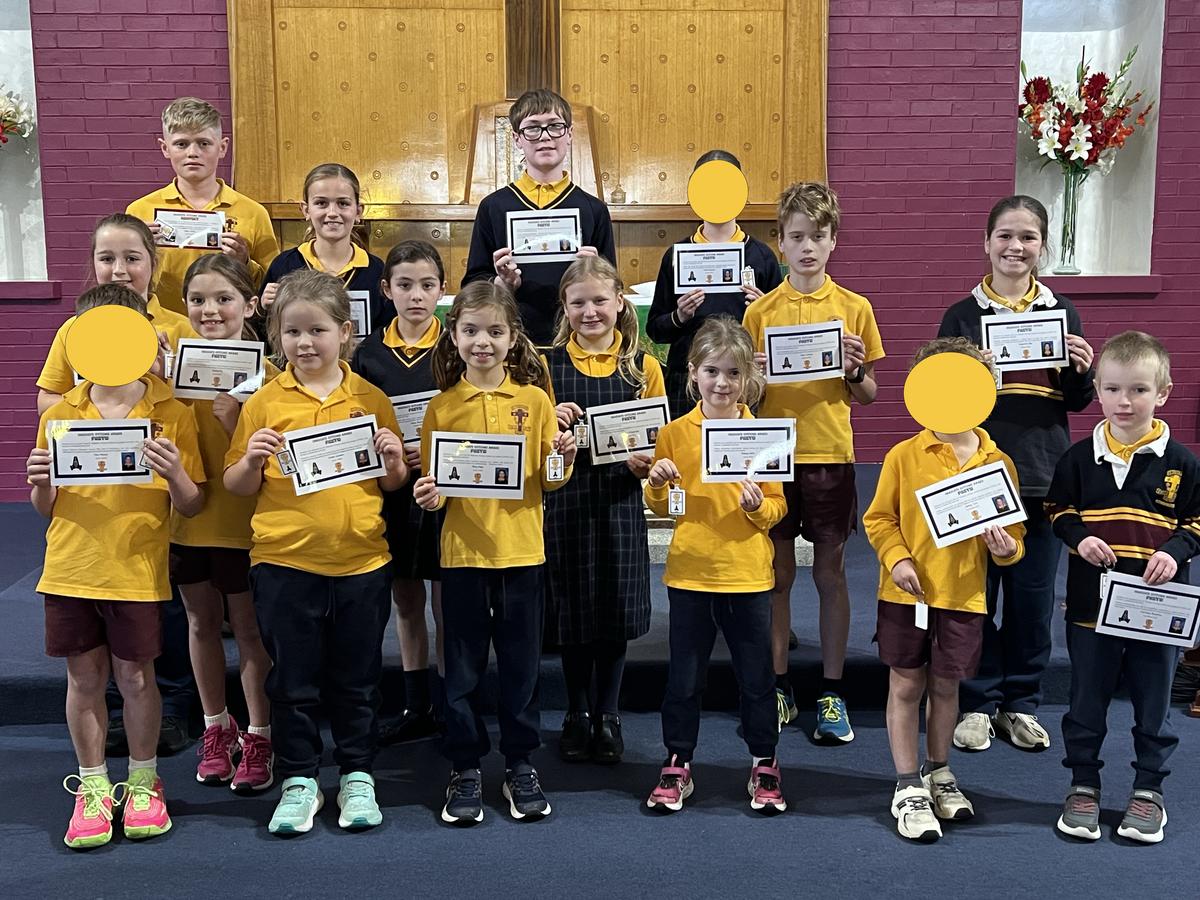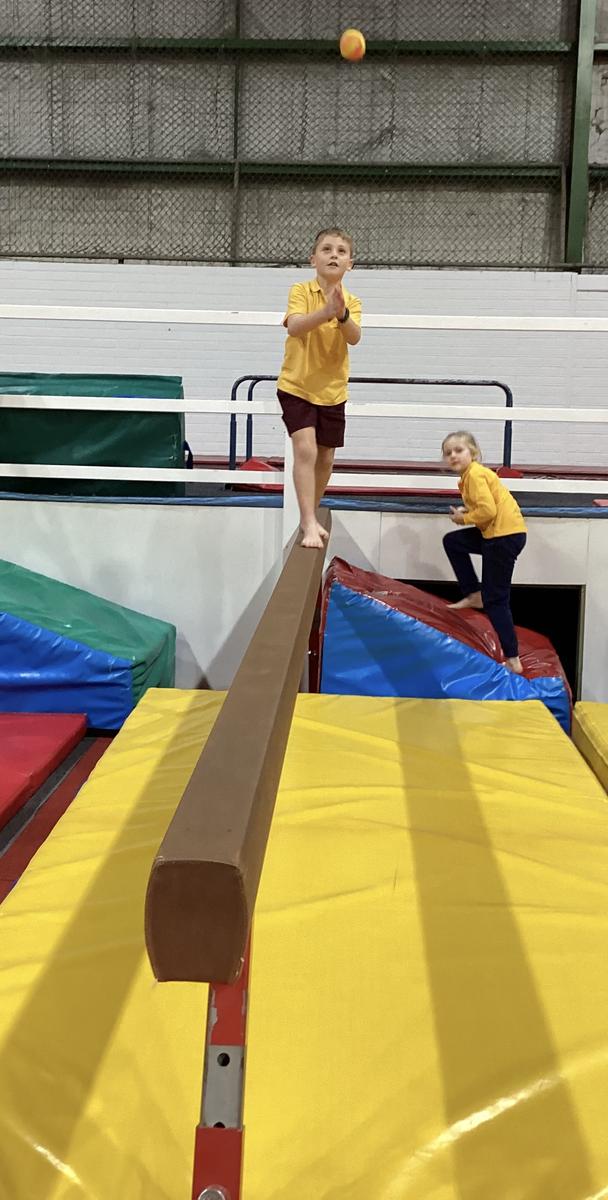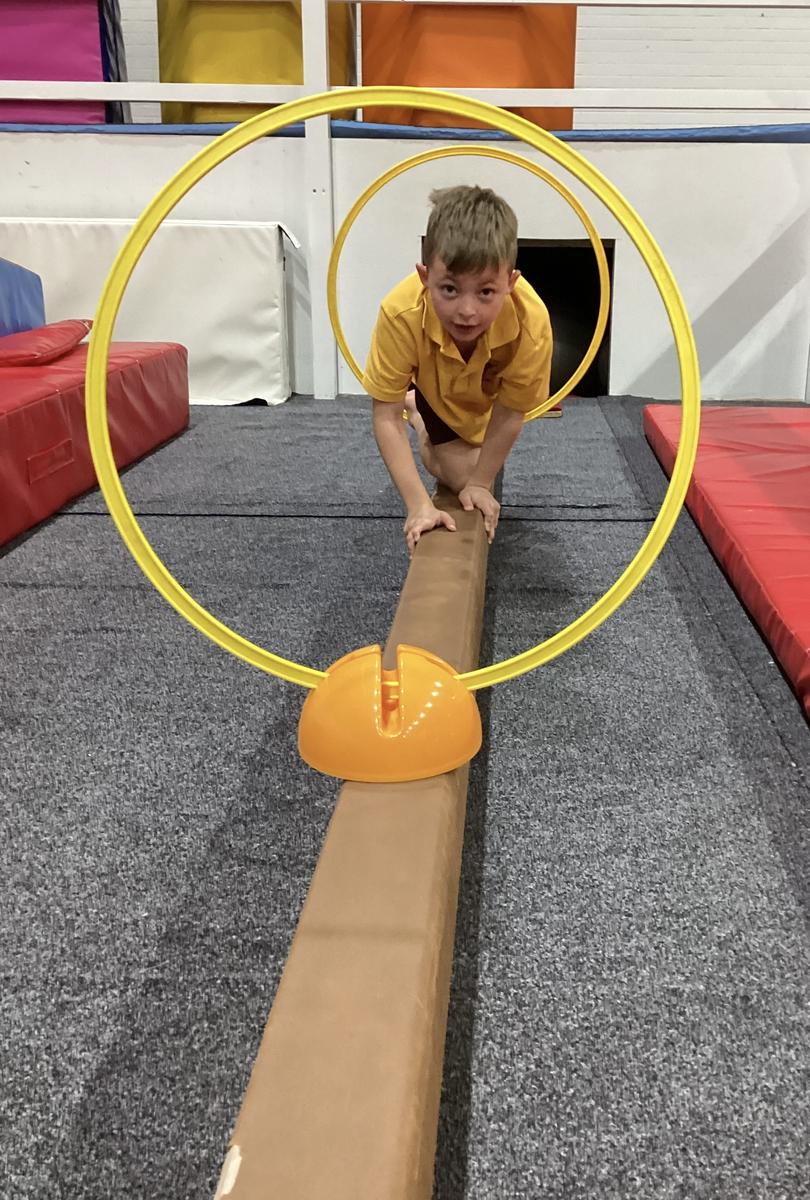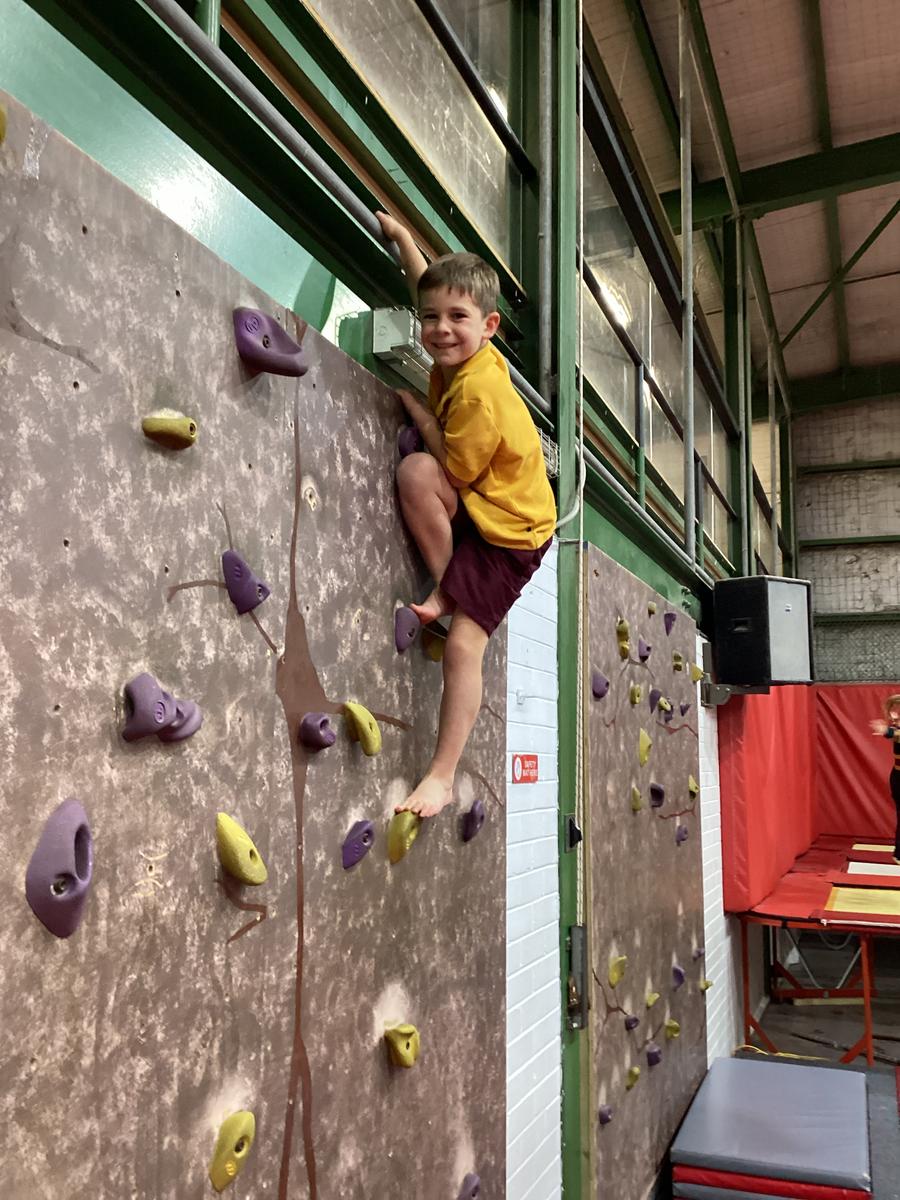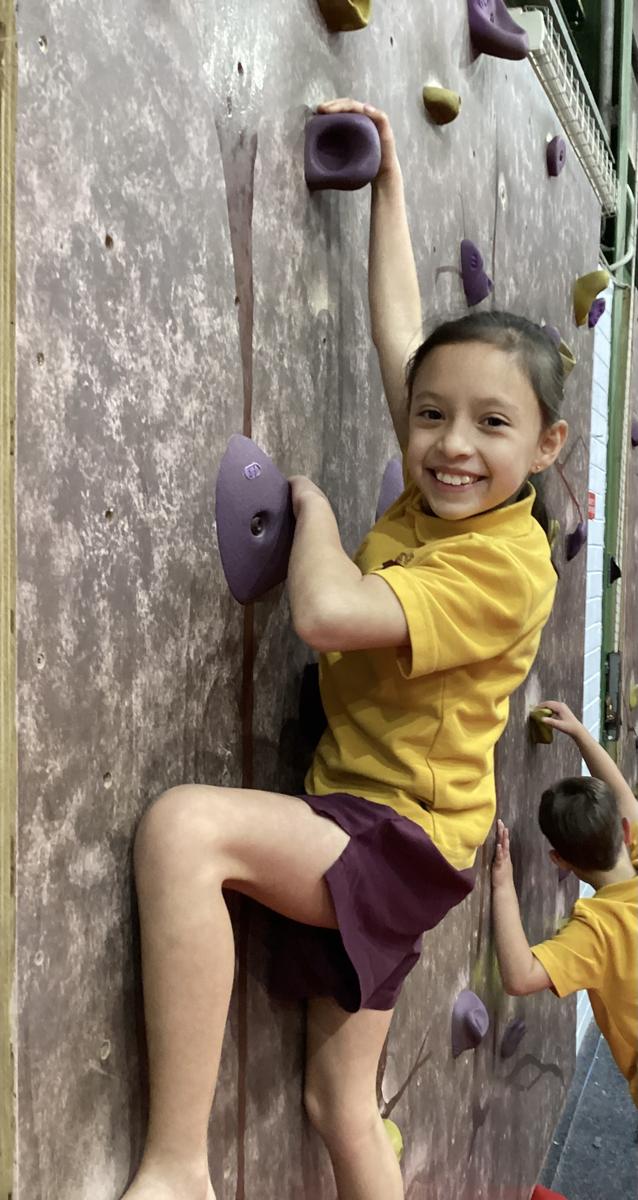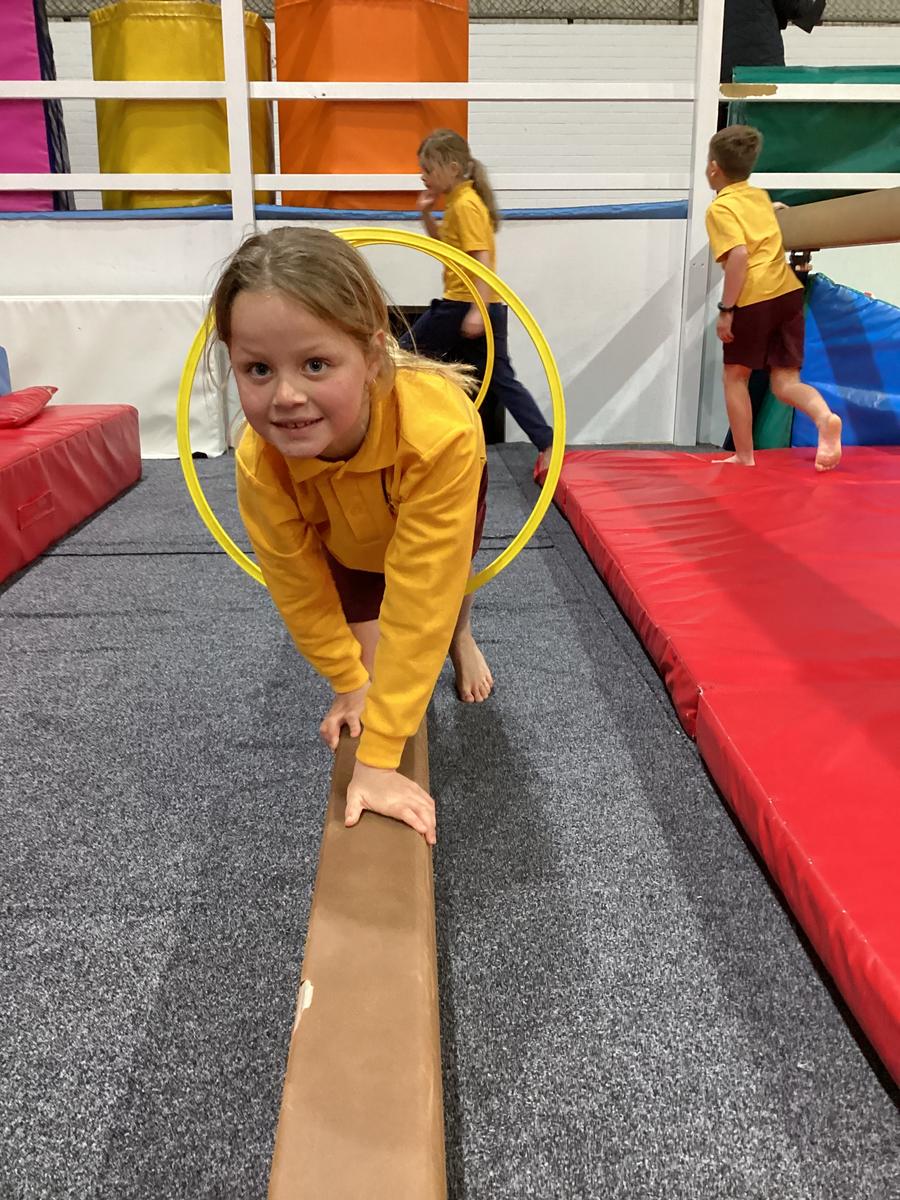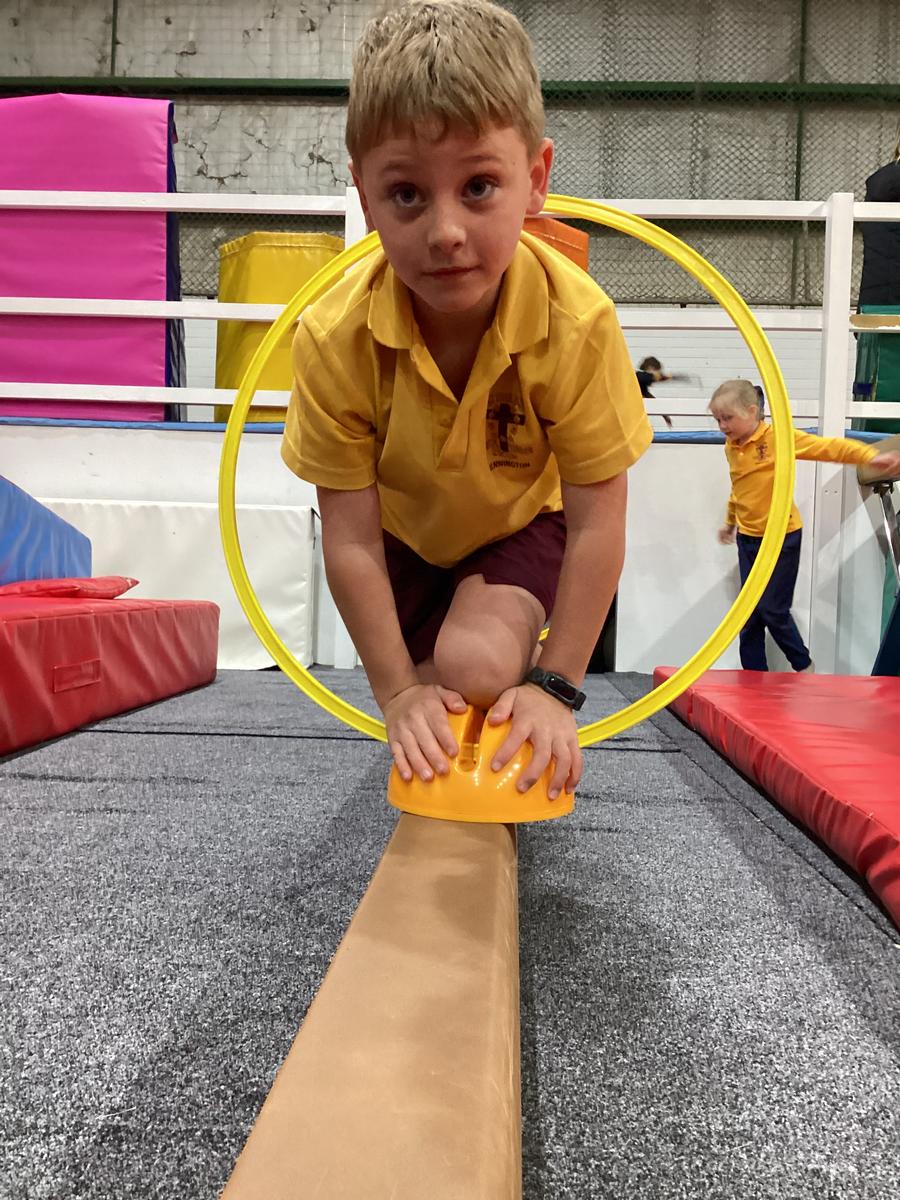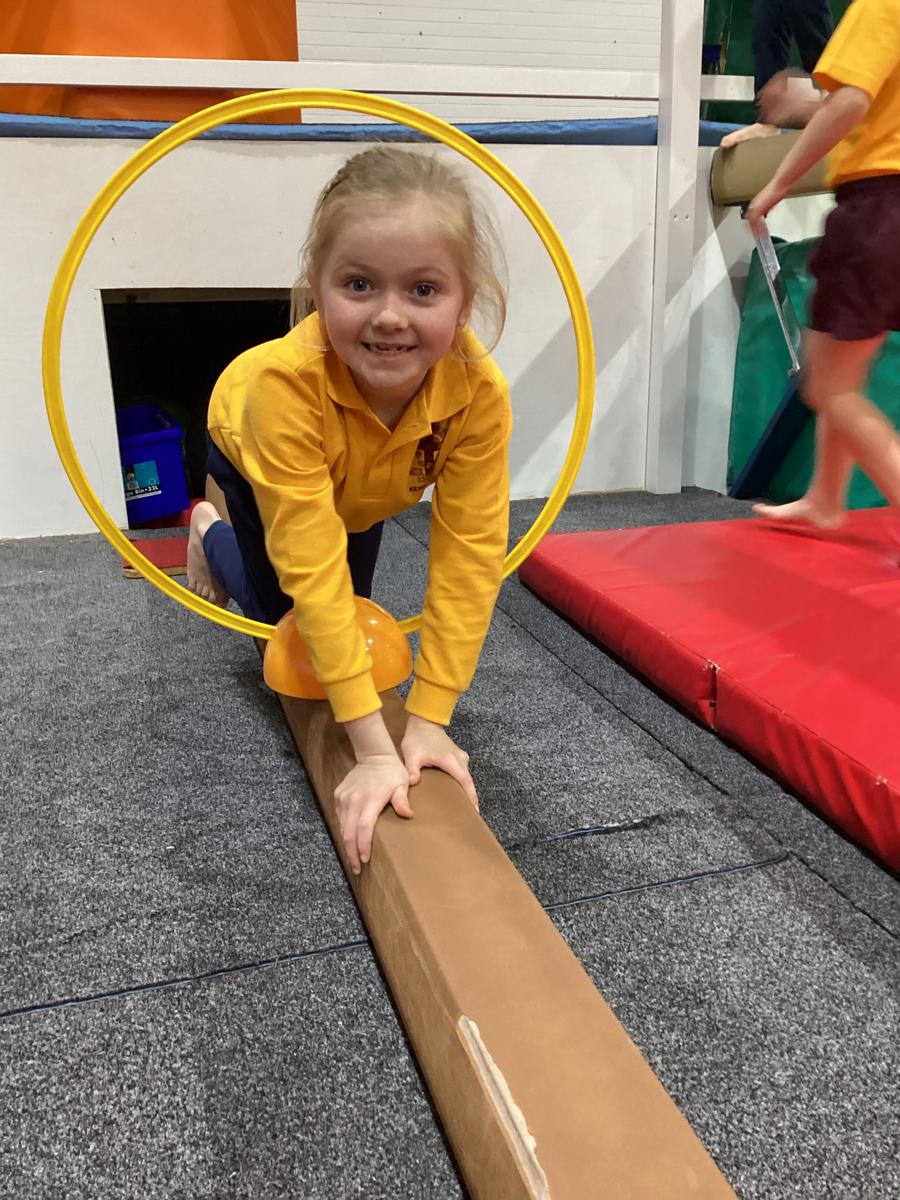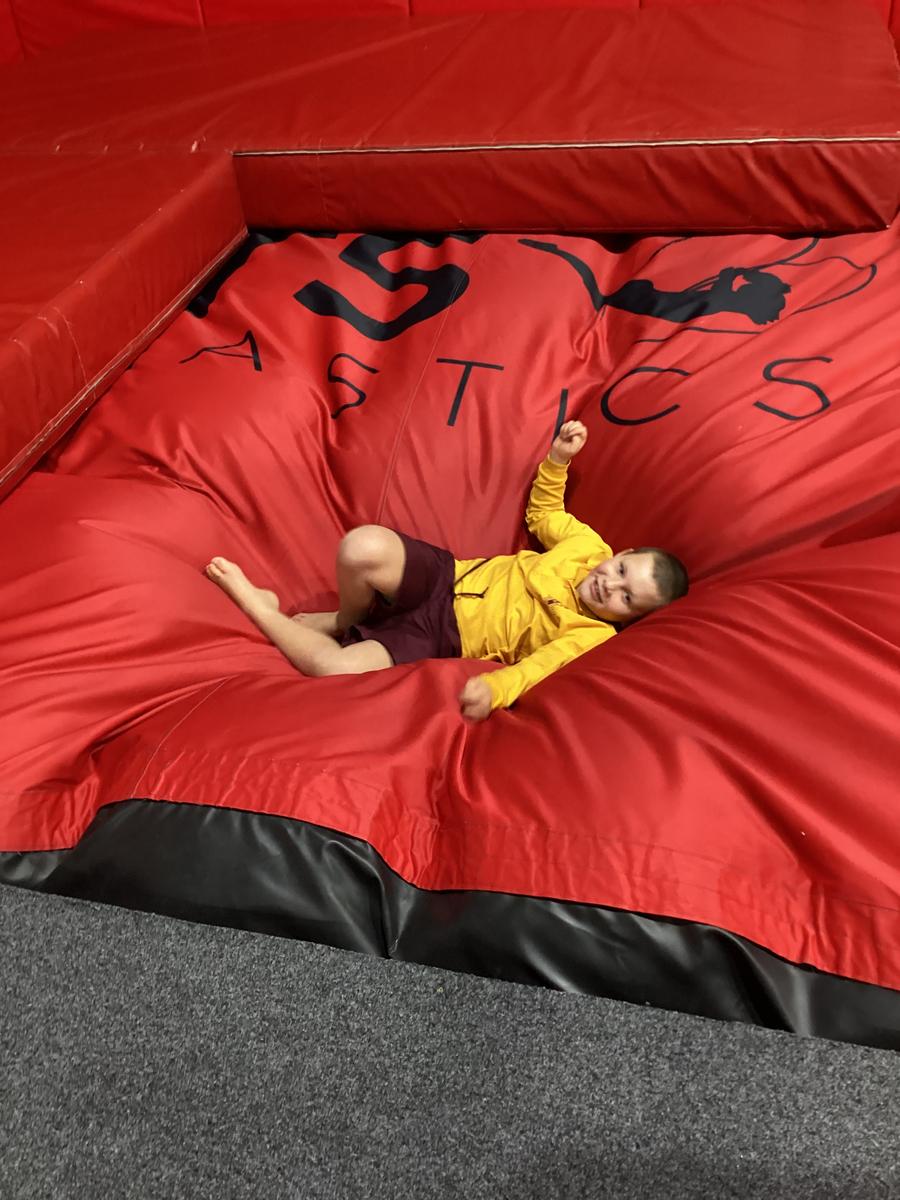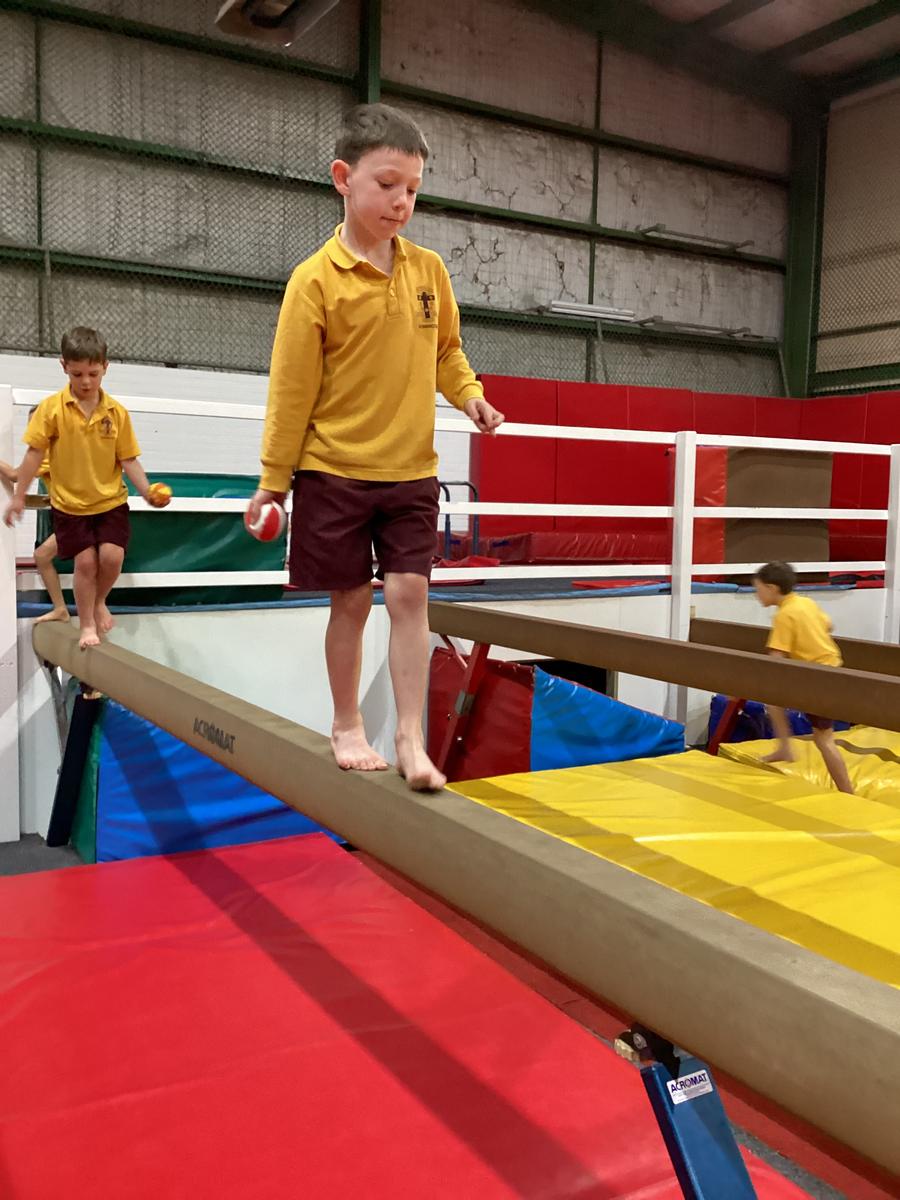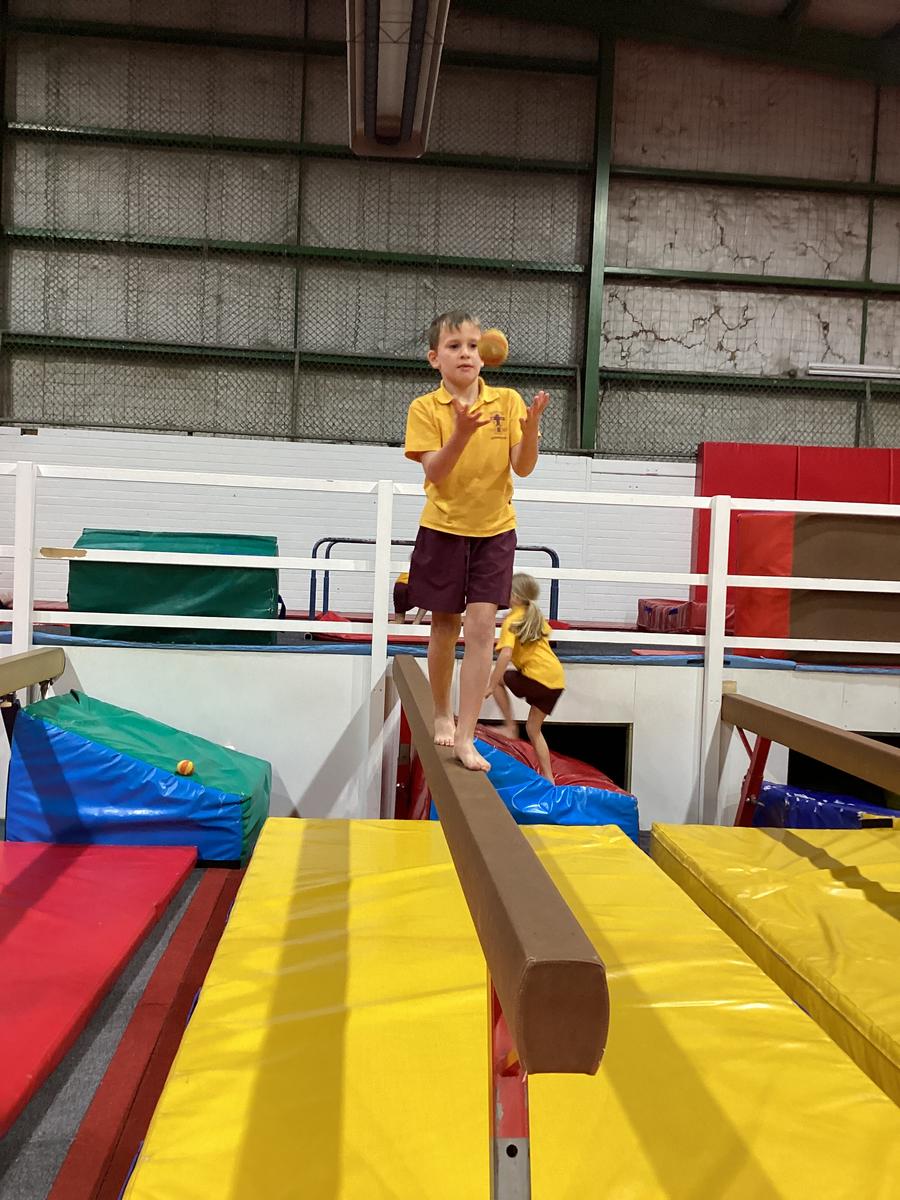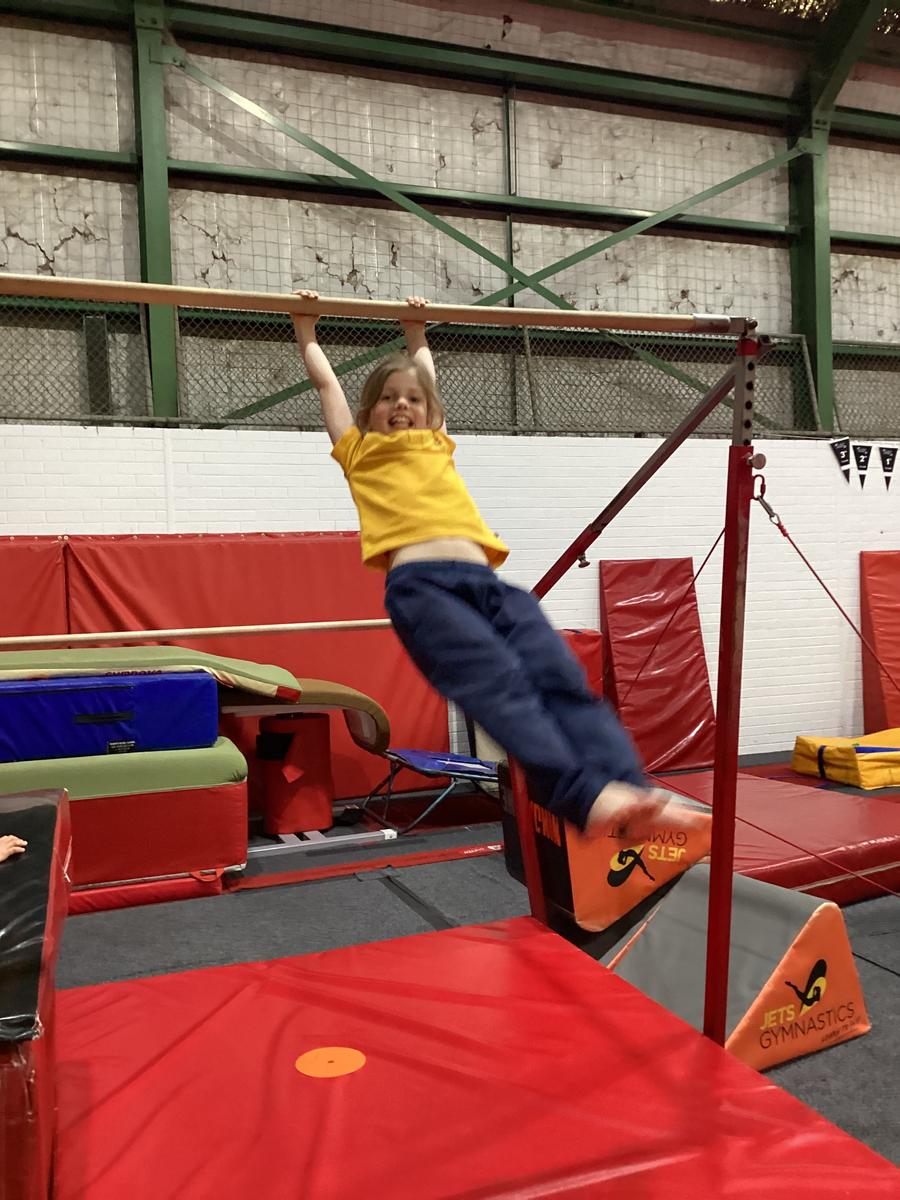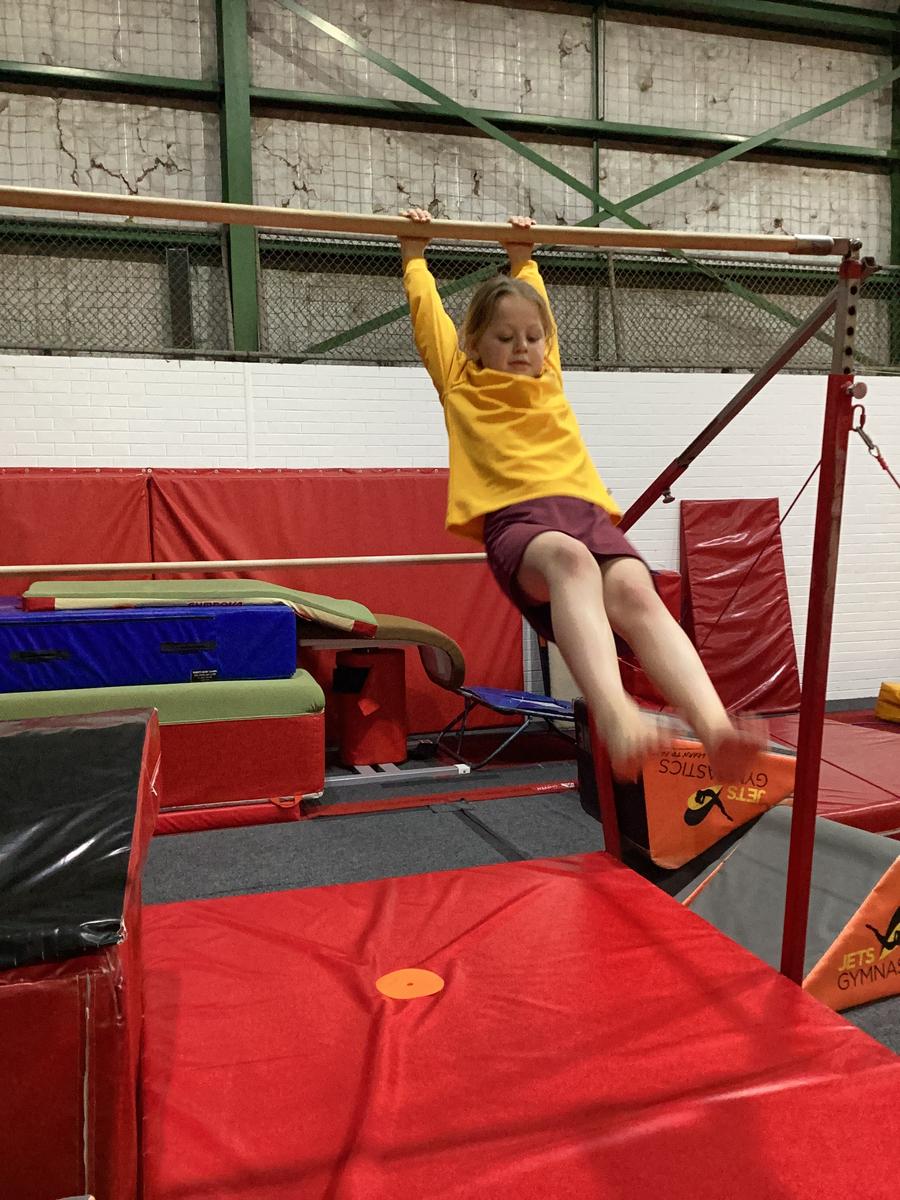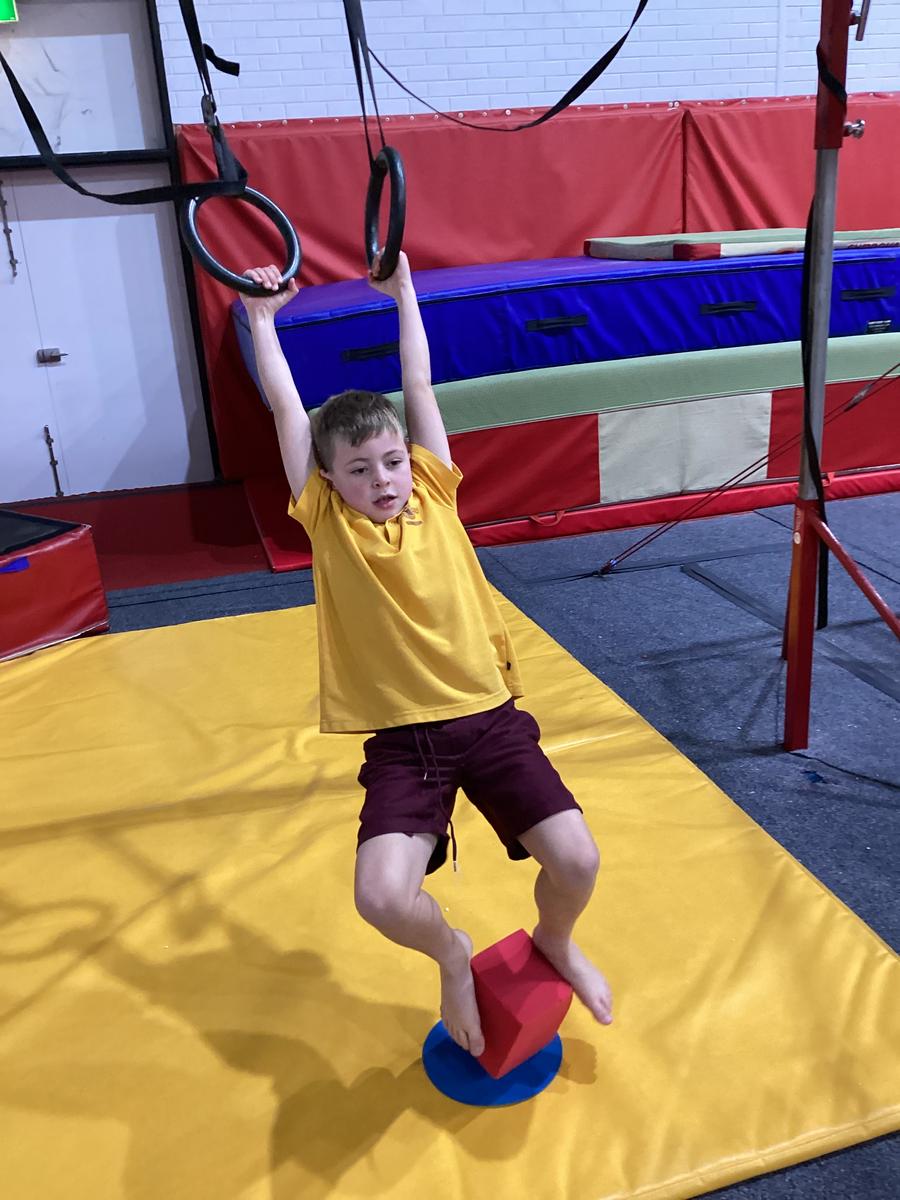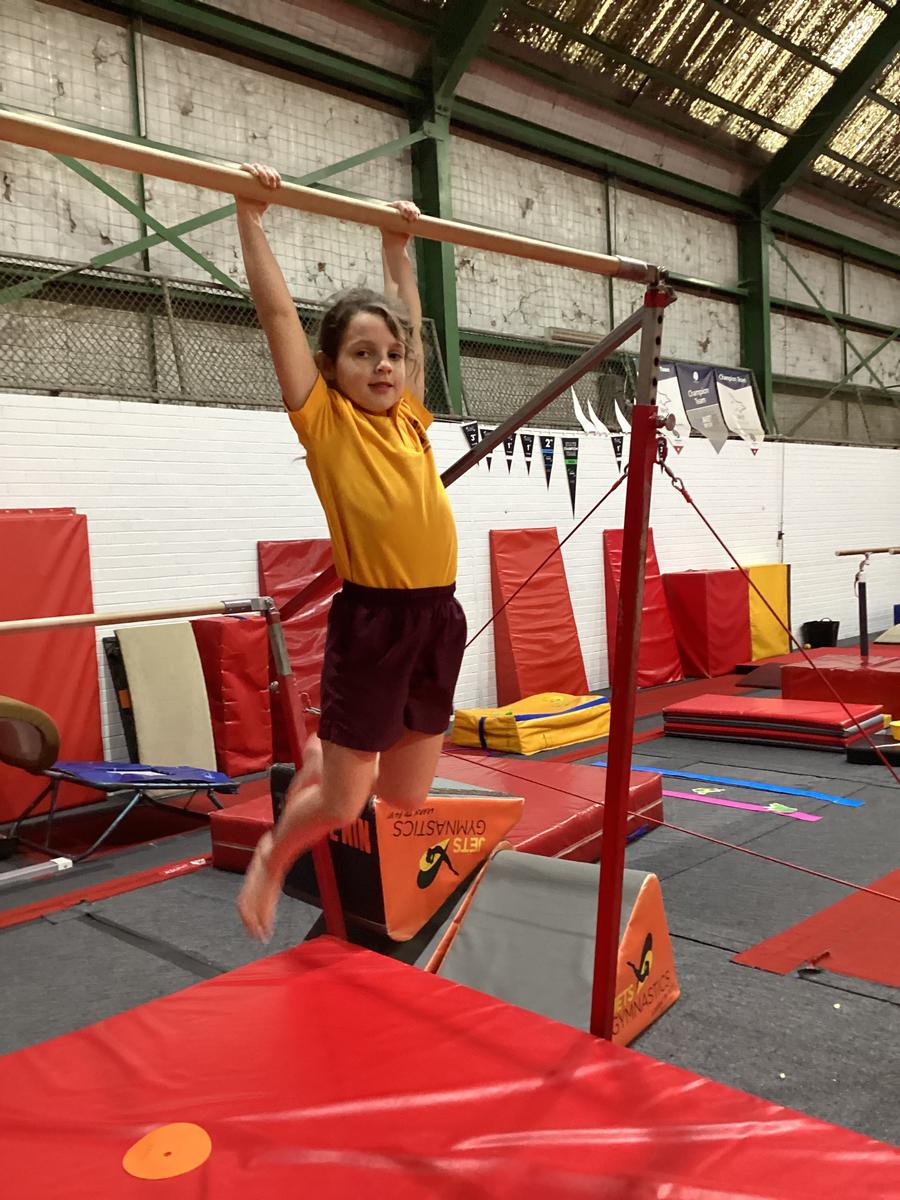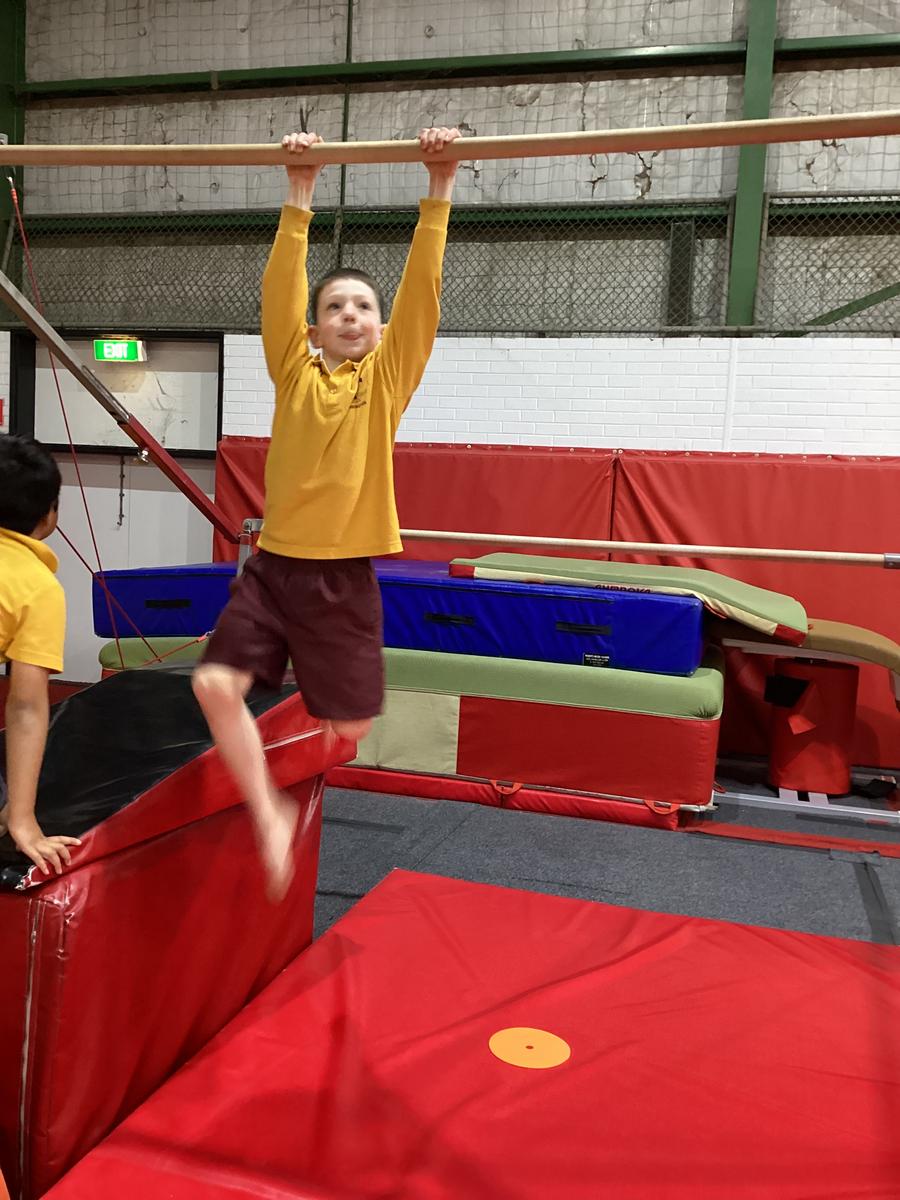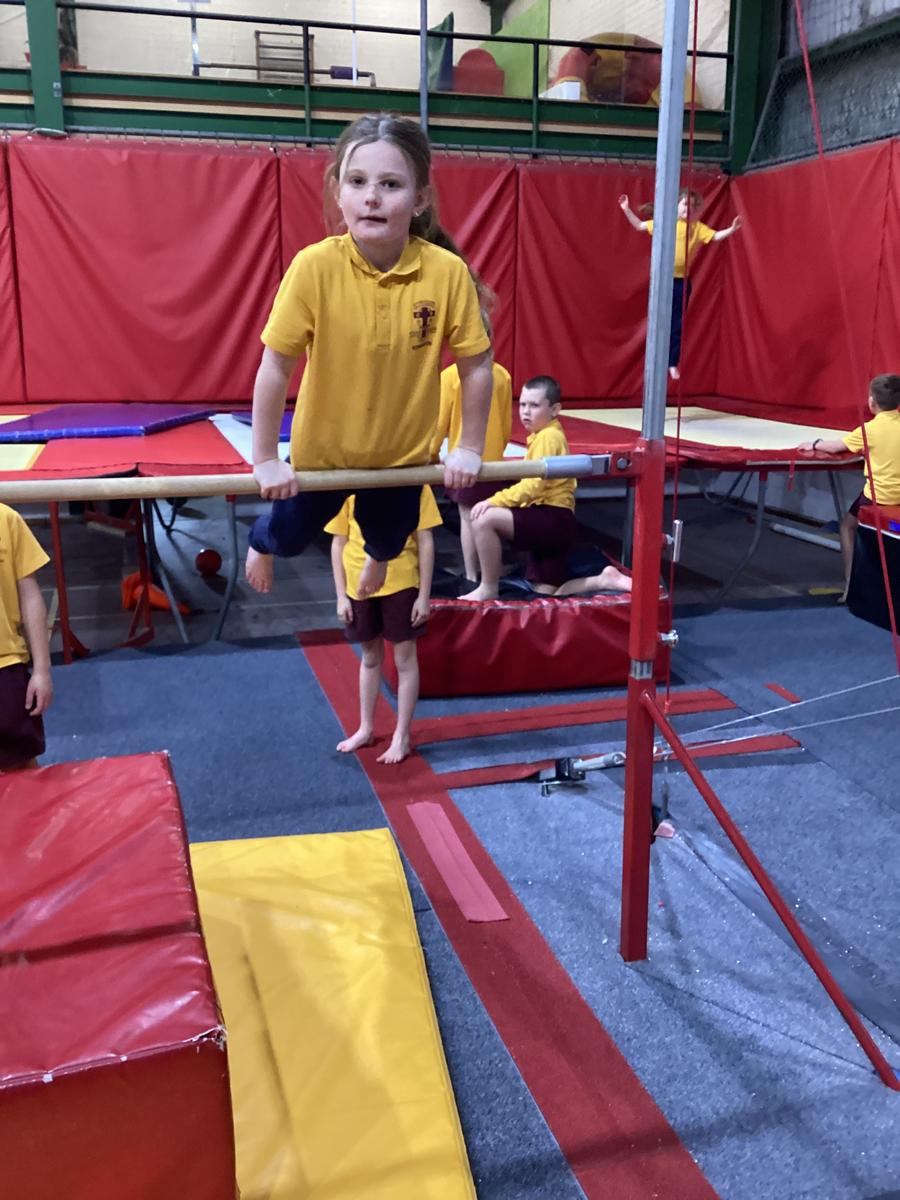Learning and Teaching

Science of Learning – Retrieval Practice
What is retrieval practice, and why do we use it?
Retrieval practice is a powerful learning strategy that helps students remember what they’ve learned by regularly bringing information to mind – rather than simply re-reading or reviewing notes. When students are asked to recall facts, ideas, or processes from memory (even if they don’t get it perfectly right), it strengthens their understanding and improves long-term retention. It’s a bit like exercise for the brain – the more we practise retrieving information, the stronger those memory pathways become.
In classrooms across Sandhurst, retrieval practice often takes the form of short, daily review activities, such as those in the Ochre Daily Review slides. These warm-up questions cover key content from the previous day, week, or term. By revisiting material in this way, students make connections, notice patterns, and build confidence in what they know.
Importantly, retrieval practice is low-stakes – it’s not a test, but a chance to revisit and strengthen learning. Research shows that even a few minutes of retrieval each day can lead to significant improvements in student learning. That’s why it’s embedded in our teaching and why we encourage families to talk to their children about what they’re learning at school – it really does make a difference.
Graduate Outcome Awards
Last week, we celebrated students who displayed the Graduate Outcome of FAITH. These students received a Graduate Outcome Award.
Students who graduate from St Therese’s Primary School are people of FAITH, who develop a relationship with God.
Staff will be on the lookout for students who display the Graduate Outcome of HOPE.
End of Semester Reports
St Therese's teachers have been busily collating their data, observations and comments in readiness for our End of Semester Reports. The Magnify Project has seen the implementation of extensive assessment tools, giving teachers greater insight into your child's strengths, challenges and next learning goals.
English:
Earlier this year, staff deepened their knowledge of the newly released Version 2.0 English Victorian Curriculum. Ochre English and InitiaLit have both been aligned to the Victorian Curriculum and staff have spent time analysing the links between the curriculum and Magnify programs. Although the revised curriculum has been broken into the three strands of Language, Literature and Literacy, End of Semester reports will remain aligned with the Achievement Standards including Speaking & Listening, Reading & Viewing, and Writing.
Mathematics:
St Therese's began teaching Version 2.0 of the Mathematics Victorian Curriculum in 2024 and Ochre Mathematics is also aligned to this curriculum. Under the Mathematics Victorian Curriculum 2.0, your child’s teacher will report against the achievement standard as a whole, providing a single, aggregated score. This aggregated score compiles all of the strands covered throughout the semester, Number, Algebra, Measurement, Space, Statistics (commencing at Foundation Level C) and Probability (commencing at Level 3). If your child attended St Therese's in 2024 progress will be shown against the single achievement standard.
End of Semester Reports will be released to families on Wednesday 2nd July. We encourage all families to read and discuss the Reports prior to our Learning Conversations on Thursday 7th August.
Jets Gymnastics
Throughout the past fortnight, our Foundation to Grade 4 students have been participating in a program at Jet's Gymnastics. Throughout their time at the gym, students have worked to develop some of their fundamental movement and balancing skills through activities such as trampoline, long tramp, bars, beam, floor work, vault and shapes. The following photo gallery highlights some of the experiences for Grade 2 Angove.
